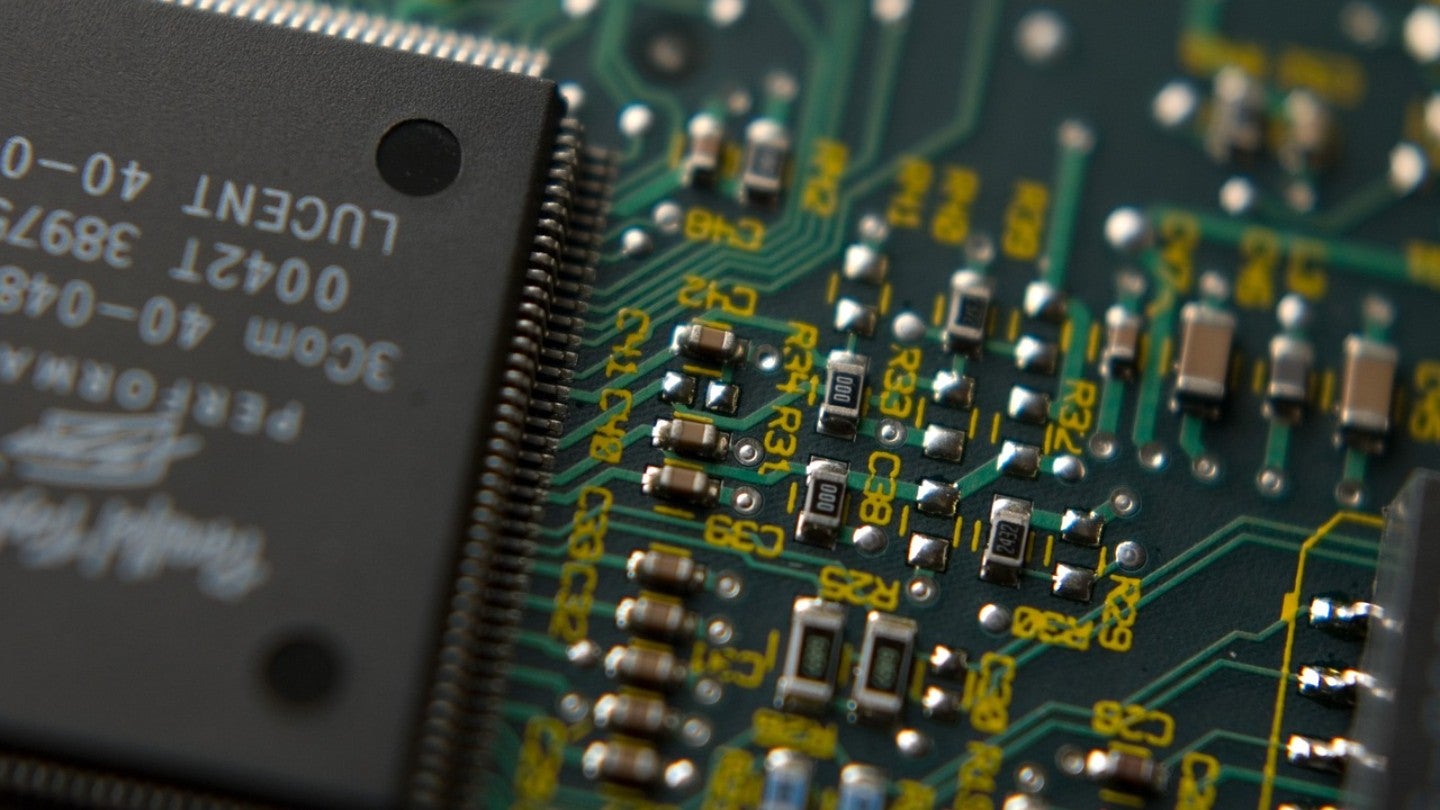
The European Union’s (EU) proposed legislation to boost the semiconductor industry is likely to receive approval from its associated member nations and law makers this month.
People familiar with the development told Reuters that the EU nations and lawmakers will most likely approve the plan during the upcoming European Parliament’s session in Strasbourg on 18 April.

Access deeper industry intelligence
Experience unmatched clarity with a single platform that combines unique data, AI, and human expertise.
The meeting will allow participating countries to negotiate and discuss range of details such as funding, before finalising a deal for the European Chips Act (ECA).
Until now discussions mainly focussed on addressing a €400m ($438m) shortfall, however sourced told Reuters that EU executive has succeeded in raising majority of the funds.
Sources further hinted that a Belgium-based nanoelectronics and digital technologies organisation, named Interuniversity Microelectronics Centre (IMEC), is being considered by EU lawmakers to spare funds into EU’s research and development (R&D) work.
Discussions are also expected to cover the expanded scope of the Chips Act, which initially focused only on setting-up chip plants.

US Tariffs are shifting - will you react or anticipate?
Don’t let policy changes catch you off guard. Stay proactive with real-time data and expert analysis.
By GlobalDataUnder the expanded scope, the associated governments and lawmakers have proposed to include entire value chain, which comprises of older chips, research as well as design facilities.
The Chips Act is aimed at bolstering Europe’s competitiveness in semiconductor technologies and applications and minimise its dependence on US and Asian semiconductors.
The EU expects to garner more than €43bn in public and private investment through the act until 2030.
The law is expected to improve the EU’s share of global semiconductor production to 20% by the end of this decade.
A similar legislation, referred as CHIPS, was passed by the US to complete with Chinese industry.







